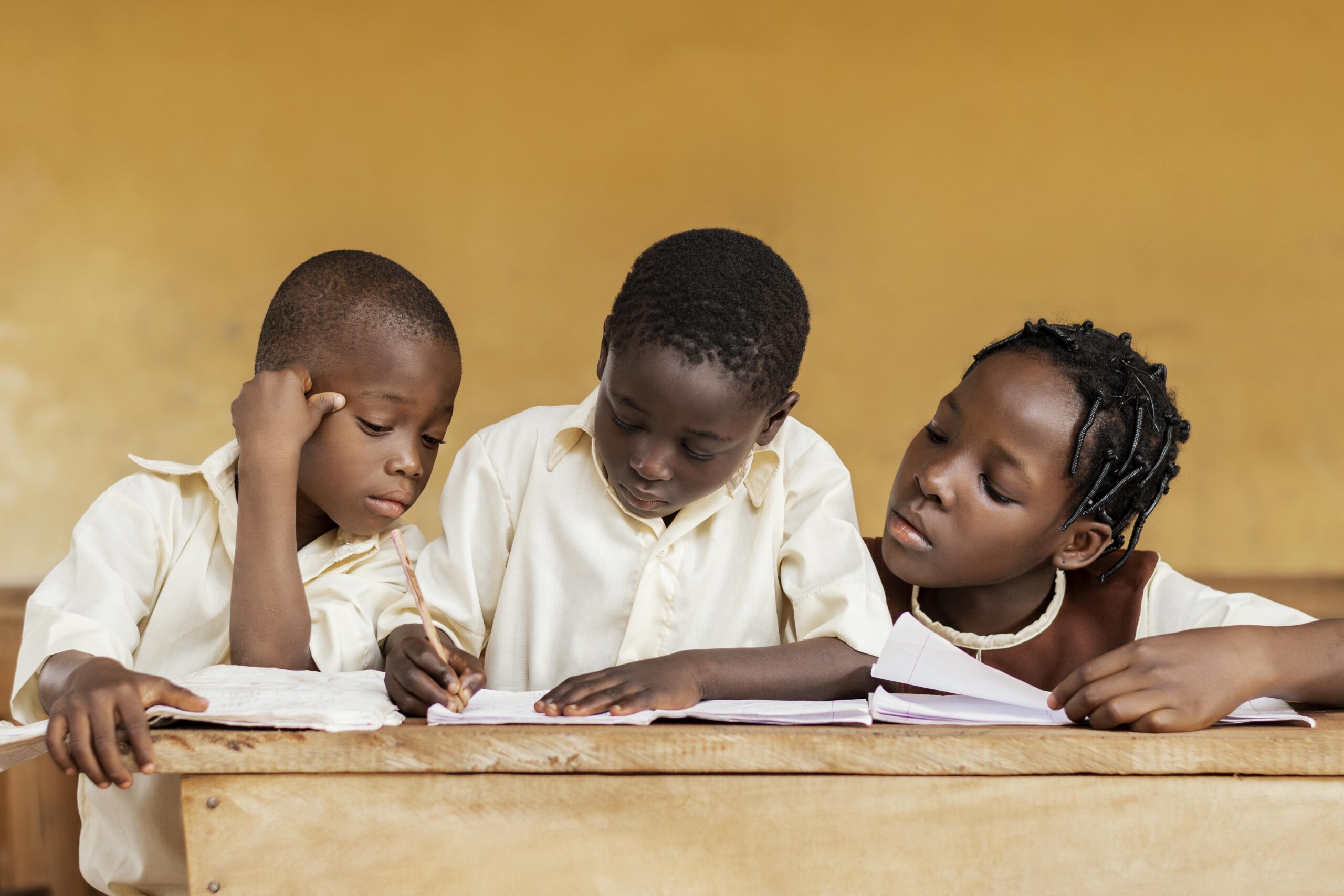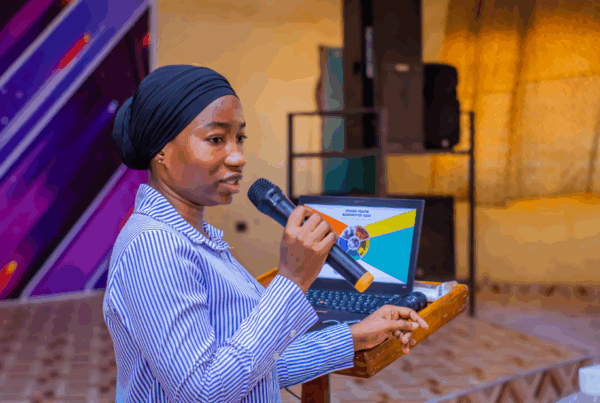
By Dr. Faisal Gunu Abdul-Samed (MBChB, MPH)
Founder & Executive Director, Water-Lily Foundation.
Each of us is molded by a unique tapestry of experiences, exposures, and interactions that shape how we think, learn, and engage with the world. In turn, our behaviors and choices feed back into these same environments, reinforcing or reshaping them. This dynamic interplay, where individuals influence and are influenced by their surroundings, is what psychologist Albert Bandura termed reciprocal determinism.
I was drawn to reflect on this concept while observing the state of our educational systems and their profound, long-term influence on how Africans perceive themselves and their potential.
Why is it that many individuals, despite achieving high levels of formal education, still struggle to meet societal expectations or contribute meaningfully to national development? The problem often lies not in the people themselves, but in the structural flaws of an educational framework built more on intellectual competitiveness than creative capacity and innovation.
In too many of our schools, the highest accolades are reserved for those who can memorize and regurgitate information, rather than those who can think critically or offer practical solutions. While rote learning may produce impressive grades, it seldom fosters ingenuity or resilience. The result? A generation prepared to pass exams but ill-equipped to lead meaningful transformation.
This disconnect is stark, especially when considering Africa’s immense potential, including fertile lands, mineral wealth, and a vibrant, youthful population. Yet we continue to rely heavily on foreign aid and imported solutions. Our dependency is no longer just economic; it is psychological, a residue of mental colonization that is far more insidious than any physical bondage.
We live in a time where citizens litter streets yet expect clean cities, build in slums, and lament flooding, and where politicians fly abroad for healthcare while underfunding hospitals at home. Where, then, lies our trust in the systems we oversee? Where is the value we place on our shared humanity?
This dilemma is not confined to governance or civic life; it runs deep in our healthcare system, too. We see competent medical professionals operating in environments hampered by poor health management systems and bureaucratic blame games. Despite their expertise, these professionals are too often forced into a system that prioritizes protocol over collaboration and referrals over resolutions.
If we are indeed both products and producers of our environments, then real transformation must begin with us, through deliberate efforts at every level of society. It is time to prioritize social and behavioral change communication as the bedrock of development. By embracing the principles of reciprocal determinism, we can reshape our surroundings and, in turn, inspire more empowered behaviors and mindsets.
Mentorship is a good place to start. Every young person is a bundle of potential waiting to be guided. By understanding their unique personalities, strengths, and aspirations, we can help them find purpose-aligned careers, not just prestigious titles. Our culture must stop placing certain professions on a pedestal while ignoring the dignity of others. This narrow mindset has contributed to the growing tide of youth unemployment and dissatisfaction.
Our collective future depends not on producing more professionals but on cultivating purposeful people. Let us design learning environments that spark curiosity, encourage experimentation, and reward innovation. Let us build institutions: schools, hospitals, and homes where character development is just as valued as academic excellence.
In doing so, we harness the true power of reciprocal determinism: not only transforming ourselves, but reshaping the very world we inherit and pass on.







